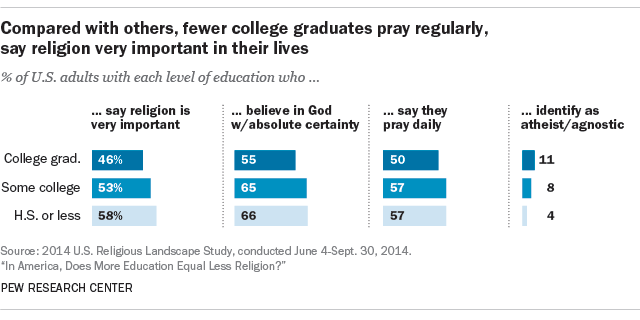They were originally conceived as part of a supernatural landscape associated with various traditional theistic beliefs. Fairies were considered to be minor deities, but you can apply that term to almost any entity of a supernatural nature. Remember, theism applies to all deities, not just gods.We need that explicit: do you think gnomes, fairies, or leprechauns are gods, yes or no.
Theism isn’t just about deities, it’s also about all of the supernatural trappings that are associated with them.So? Neither Taoism or Buddhism necessarily involves any deity at all, and in both categories of religion sects and schools exist in which belief in gods is explicitly labeled illusion, delusion, error, obstacle, and so forth.
In Taoism you have a supernatural process that essentially orders the universe and allows for the existence of deities and the attainment of various states of immortality. The Tao may not be perceived as a god, but it certainly functions as one.
A similar argument can be made in the case of Buddhism, where a universal process exists that allows for the existence of, and recycling of souls. It also incorporates a methodical practice that can mystically condition those souls to a transcendent state of eternal bliss. Reaching this state is considered a sign of deification in Buddhism. Just as in Taoism, there is a supernatural process that is believed to exists that functions as an ordering principle that is in some respects analogous to God in other religions.
Pantheism assumes the universe as a whole to be God. So the Tao which is considered to be a universal guiding principle would be similar to an impersonal variety of pantheism.The Wiki authors's struggles with this are interesting ("Taoism can be defined as pantheistic, given its philosophical emphasis on the formlessness of the Tao and the primacy of the "Way" rather than anthropomorphic concepts of God. " - wtf? Is that guy really assuming the Way of the Tao Te Ching is a deity? Please: at least acknowledge that that sentence is not Taoist theology, no Taoist theologians are identified or quoted, and "philosophical emphasis" does not describe a deity.)
https://www.philosophybasics.com/branch_pantheism.html
All of these characters and processes are a part of some greater divine landscape. They weren’t conceived independently of various traditional theistic conceptions, but in concert with them. Somewhere in those landscapes exists deities of one kind or another pulling off some sort of supernatural nonsense.But there's no ordering god involved, in many cases (such as the chindi).
You have choices:
a godless "divine" order,
a menagerie of divinity that includes everything from Icelandic gnomes to the ghost of someone's evil to the concept of reincarnation,
or finding another adjective.

